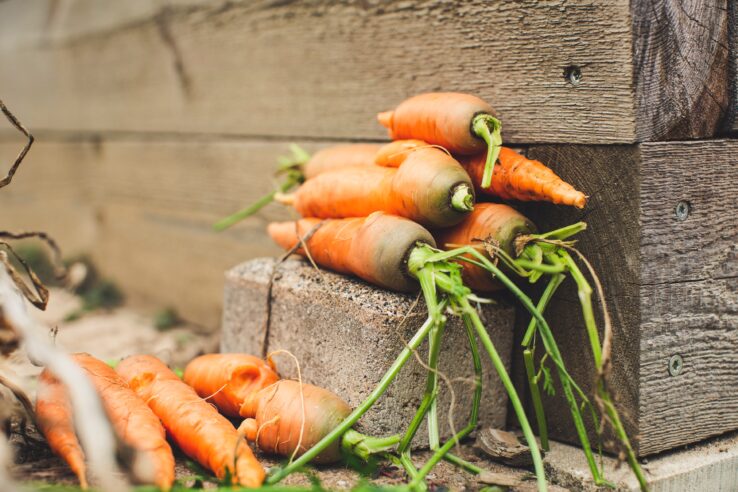There are many reasons to keep your vegetable garden thriving during the snowy winter months, including growing your own food, getting exercise, and adding beauty to your yard. Understanding that gardening in cold weather isn’t for everyone, there are several vegetables that thrive in colder temperatures and are perfect for warm soups and heartier meals throughout the colder months. If you’d like to give winter gardening a try, here are a few tips to help ensure the most successful (and tasty!) winter crop possible:
Choose Wisely
The best vegetables to plant during winter are those with hardy reputations. Brussels sprouts, cabbage, kale, parsley, broccoli, fava beans, garlic, and spinach can recover from freezing temperatures. Beets, carrots, many types of lettuce, and radishes aren’t as resilient, but tend to do okay in temperatures that dip just below freezing.
Water Regularly
Some gardeners assume that plants need less water once the summer sun disappears for its long winter nap, but watering a winter garden is just as important in cold weather. During the winter, water right before an expected frost, as damp soil is slower to freeze. Water during the day, as well. Watering too late in the evening can leave your plants more susceptible to complications.
Consider Containers
Growing plants inside a container isn’t always aesthetically appealing, but it is practical, especially if you reside in an area prone to temperature plunges. The main advantage of using containers is that they make your plants portable and enable you to bring your vegetables inside if necessary.
Light it Up
When gardening in the summer months, throwing a little shade at your plants is no big deal. In fact, a reprieve from the blazing sun may even be beneficial. This is not the case when it comes to a winter harvest. Because you’re already dealing with cold temperatures, your winter garden needs all the warmth and sunlight it can get. To give your plants the best chance at thriving, plant where the sun provides a generous amount of exposure.
Accessorize
There are many garden accessories that will help your plants survive the harsh winter months. From simple frost covers and cold frames to the more extensive (and expensive) polytunnels and greenhouses, you can readily insulate your crops once the weather turns. Snow makes a great insulator, as well.
Independence in Elizabeth, Colorado, offers beautiful new homes with views for miles and gardening opportunities for green thumbs. Contact us to learn more about what we have available.

